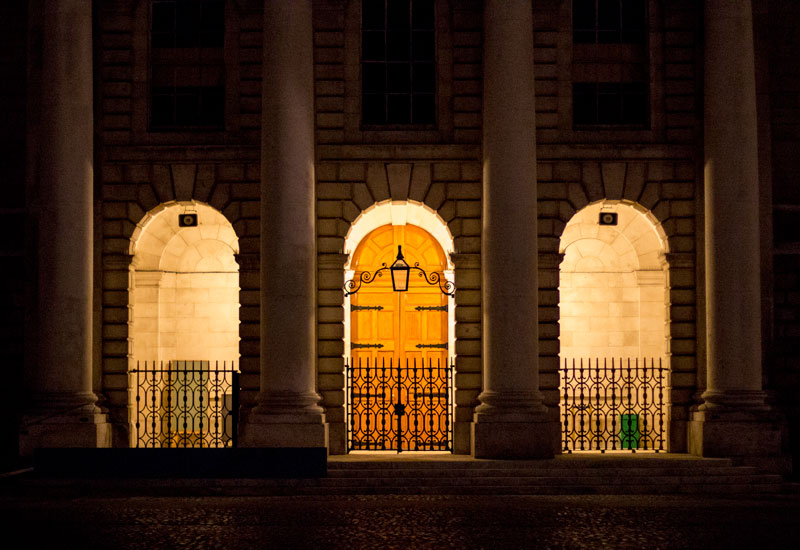Two weeks into November my friend who lives with four other guys rang me to tell me that three of them had quit Movember: apparently their 14 day-old moustaches weren’t impressive/thick enough. Then I noticed something interesting. Guys who revel in criticising and slagging people that don’t act and exist exactly like them (white, cis-het with an even-numbered postcode) began posting about their hairy upper-lips, because, men have it hard too. A week later, passing a group of lads I knew, I noted how they all seemed to be sporting staches. Yet, on inquiry, I learned it was more seasonal than charitable.
The elephant in the paragraph above is that Movember as it stands has perhaps become a topic of contention. No one loves a party-pooper, but in the same way that we might need to eco-think twice about Santa’s air-miles, charity campaigns don’t get a golden-ticket pass from scrutiny. Male issues are indisputably urgent, but a campaign that primarily focuses on something that can warp into an exclusionary testosterone-signalling contest maybe isn’t the best way to combat them.
On moustaches, let’s assess the practicalities. True, one need not achieve viking-esque facial hair to campaign, but let’s be honest, Thor-like scruff is clearly the widespread aim and metric of success or inadequacy. Besides, how desirable is a moustache as a symbol for male positivity? Should we not disconnect from the narrative that one is more of a man when boasting jealousy-inducing facial hair? How bizarre would it be if it were bicep size, and during the month one curled to raise funds? Is it not quite strange that complex health issues affecting any and all men are boiled down to a very 20th century, exclusionary and predictable male stereotype?
No one loves a party-pooper, but in the same way that we might need to eco-think twice about Santa’s air-miles, charity campaigns don’t get a golden-ticket pass from scrutiny
This exclusion looks like men who struggle to grow moustaches being needlessly disenfranchised from a movement supposed to help all men, including those with differing hair growth patterns. Very often the prominence of your bro-merang will depend on who your parents are or the lightness of your follicle colour. It also looks like a middle finger to trans men, who, just like everyone else, are no more or less of a man when boasting face furniture.
Indeed, if you frequented Movember’s socials over the past month you could have very easily forgotten that queer men are at a higher risk of poor mental health and suicide, compared to other men. Why this is not brought to the attention of campaigners by the charity in any meaningful way is unclear, especially since this oversight isn’t trivial. While many straight men may be prominent activists in the campaign, boasting the success of their mo-taches, it is important too for these participants to remember that homophobic bullying and slurs too are incontrovertibly bad, and have detrimental effects on the mental health of thousands of Irish men.
That kind of general omission is one thing, but silence, especially from such a large platform, can be a very loud political statement. If you think it would be weird for an SPHE teacher to skip the “unhealthy sex and relationships” section of the curriculum in a classroom full of boys, then how dissapointing is it to notice absolutely no mention of the Discord leak on any of Movember Ireland’s social media. Silence on the largest image-based sexual assault incident including 140,000 intimate and sexual photographs of Irish women. It should be obvious that male mental health would probably improve, even marginally, if the mental health of the women in our lives were included in the conversation.
A friend and I, on the Hist’s Movember team, bleached our moustaches in a Youtube parody-esque video in order to raise money for the charities that Movember fund. Our plan was to dye them a plethora of colours as donation targets were reached. As the month progressed, including the image-based sexual assault incident, we felt our flashy style of campaigning might not have been the best addition to the conversation. The excitement I, for one, felt at the beginning of the month, developed into a bitter taste of “what about men?” hijacking the positive message into an ironic victim contest and shifting the focus with the result of erasing other issues.
Indeed, if you frequented Movember’s socials over the past month you could have very easily forgotten that queer men are at a higher risk of poor mental health and suicide, compared to other men
The Movember campaign has improved in recent years. Aside from the flagship “mo”, one can swim for Movember, run for Movember or cycle, certainly add inclusivity to the charity campaign. On their website, you can sign up as a Mo Bro, Mo Sister or Non-Binary Mo. These are great, but having improved is not mutually exclusive with a need for further improvement.
Very clearly part of the conversation is the good that the charity participates in. In a mere 30 days, staff and students of Trinity raised €70,000 for the Movember initiative which directly helps men through various charitable projects all over the world. As that announcement came up on my Instagram feed, I wondered how much would the initiative have raised if my three friends, and guys like them, had felt empowered to keep going, if we steered away from the Popeye-like tropes (even though he’s great), if LGBTQ+ people had a better space in the campaign and if Movember didn’t shy away from the realities of Irish society. Men deserve more than hairy lip-service.







